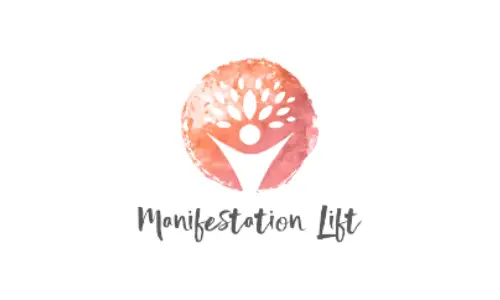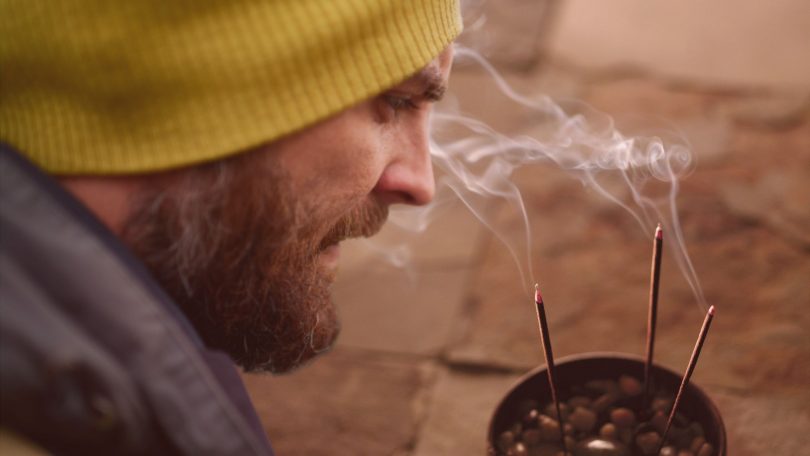John had been practicing meditation for several years before approaching me to help him manage and reduce his depression. He was a member of a spiritual community that advocated and promoted a connection with God through meditation and worship at times of negative feelings such as anxiety, depression, rage, or pain. He was encouraged to believe that the Holy Spirit would eradicate these sensations and leave him with the peace he longed for.
However, John continued to be depressed. He thought, “I have devotedly done what my community told me to do, so why do I still feel the same? What am I doing wrong?”
John was experiencing a ‘spiritual bypass.’
Spiritual bypassing happens when people avoid or repress negative feelings by jumping into their spiritual methods such as prayer or meditation. If you do something regularly enough as a way to evade experiencing uncomfortable or painful feelings, it can become an addiction. Shirking responsibility and suppressing negative emotions through drugs, alcohol, food, work, gambling, shopping, praying: any of these activities can become problematic. As soon as anything becomes difficult and you start to feel upset or distressed, if your automatic reaction is to turn to meditation to avoid this state and turn it into a more positive one, you might have an addiction to spirituality.
It’s important to understand your reason and motive for meditating. There are two reasons why people meditate: to learn more about love or to avoid discomfort.
If you practice meditation because you want to raise your vibration to connect with your higher power, this is a good motivation. When you meditate from a place of curiosity about yourself and with a genuine desire to love yourself, you will be able to move from your head into your heart. This positive reason for meditation means that you can accept the pain you are experiencing, and you love yourself all the more. You want to spiritually embrace yourself and discover why you have this pain. As this type of meditation is done with a positive intention to take responsibility and heal yourself, then it will put you into the right state to do some internal exploration.
On the other hand, if you practice meditation or ho’oponopono techniques to numb the painful feelings and you’re actually looking for a quick high instead, you’re using your spirituality as a drug, and you may have an addiction. Rather than learning more about yourself and the difficulties you’re experiencing, you are blocking them out yet justifying your behavior because it’s being done from a place of spiritualism.
This second example is exactly what John had been doing for years. As he had never faced up to his feelings to understand them or learn from them, he became stuck in a self-fulfilling prophecy. He repeated behaviors directed at himself or other people, which generated more situations where he felt depressed. Then, as a reaction to this new bout of depression, he jumped straight into meditation to avoid these negative feelings. He never spent time trying to find out why his inner child felt depressed in the first instance. He never tried to break the cycle.
Through our work together, John realized that he was in one of two states. He was either judging himself negatively or actively neglecting his inner child (his feeling self) by turning to meditation. Both of these behaviors resulted in his inner child feeling hated, worthless, and invisible. John acknowledged that if he behaved in this way towards his actual children, disregarding their feelings and thinking badly of them, then they too would probably feel depressed and unloved. But John was a good father who cared about his children’s needs and emotions; it was his own inner child whose needs he didn’t attend to.
John recognized that, in fact, he was behaving with himself in the same way that his parents had treated him as a child. He was a far superior father to his children than his parents had been to him, but he was using their parenting techniques with his inner child. In addition to this, he was also treating himself in this way, which was the same way that his parents had behaved towards themselves, avoiding personal responsibility for their feelings. John came to realize that he was therefore not setting a good example for his children. He was modeling many of the negative traits of his parents to his children.
As we worked together, I introduced John to the Inner Bonding process, which is where we learn to connect our adult thoughts with the feelings of our inner child. Through this, he discovered how to embrace and acknowledge his feelings of pain and discomfort during his meditation sessions. He trained himself to quieten his self-judgmental, critical voice and to treat himself with care and self-respect. He learned to love himself and act in a more loving way towards himself so that his inner child no longer felt neglected or unloved. It had been this inner neglect that had led to his depression.
In the end, he learned to view his depression as a gift because it was his inner child’s way of telling him that he wasn’t being kind or loving towards himself. Over time and with practice, John discovered how to love and take care of himself as he already did with his own children. His depression disappeared, and he no longer needed to use meditation as if it were a drug to induce a spiritual bypass.








Leave a Comment